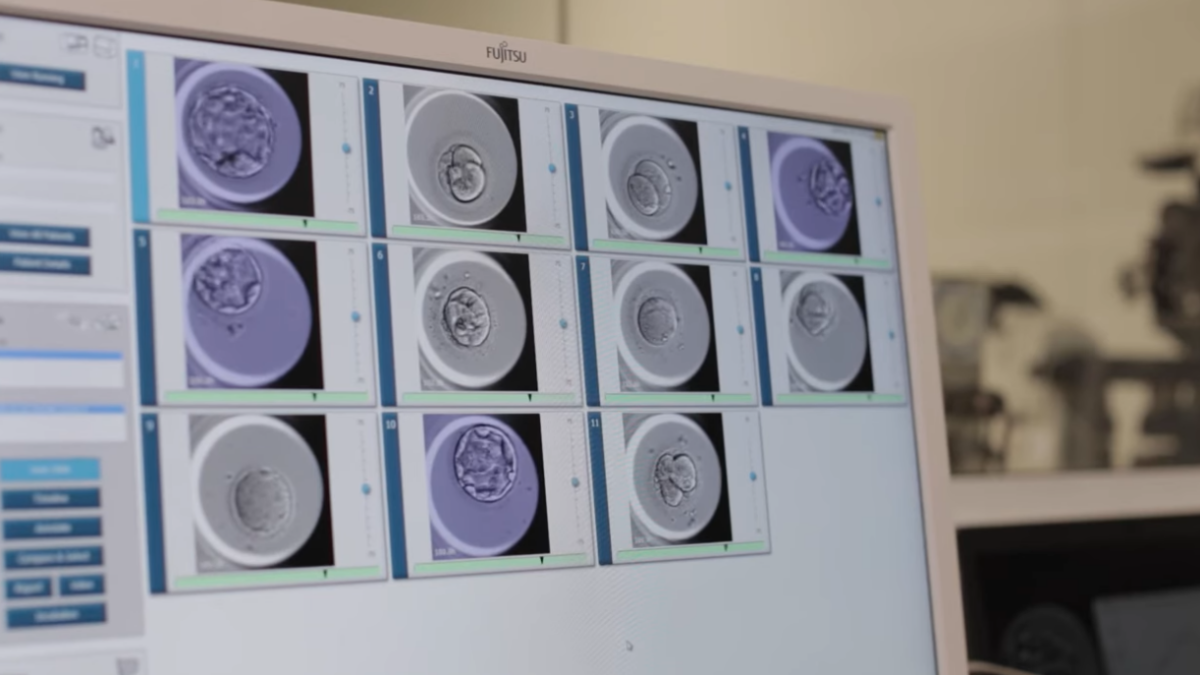
In his recent article, “How to Rethink Psychology,” Pascal-Emmanuel Gobry identifies what is likely the single greatest threat to the psychological profession’s status as a serious scientific entity: the replication crisis.
Referring to the recent Reproducibility Project findings, Gobry’s explanation of the crisis leaves little doubt as to its importance: “Put simply, the findings in many — maybe most — experiments done in academic psychology and published in peer-reviewed journals cannot be replicated. In other words, if you run the experiment twice, you get a different result. That, to put it lightly, is a problem.” A really big problem.
According to The New York Times, “The vetted studies were considered part of the core knowledge by which scientists understand the dynamics of personality, relationships, learning and memory. Therapists and educators rely on such findings to help guide decisions, and the fact that so many of the studies were called into question could sow doubt in the scientific underpinnings of their work.”
It’s disconcerting when you realize the “core knowledge” these studies produced is what psychology advocacy groups use to inform legislators about important social policies. The report findings should sow more than doubt. They should be a huge caution to legislators and the general public who rely on the credibility of these research results. That brings us to the biggest problem arising from the report that no one is talking about: untrustworthy research influencing our local and federal laws.
Trading on People’s Trust in Science
Since the 1930s, when the Society for the Psychological Study of Social Issues (SPSSI) first came to be, psychology has helped shape the social agenda in America. Acting as caretakers for the poor and indigent, the SPSSI believed psychologists were far better equipped to speak on the pressing social issues of the day, like hunger, homelessness, racism, labor disputes, and the coming war. It turned out to be a profitable endeavor.
Not long after, the American Psychological Association (APA), recognizing an opportunity to exercise real influence in changing society’s ills, lent its full support to the SPSSI. Today, as the APA enjoys the distinction of being the largest scientific organization representing psychology in the United States, it is also an incredibly active social advocacy group.
That seems reasonable on the face of it, right? After all, psychologists are uniquely positioned to provide science-based insight on how best to serve society on a variety of issues. But that’s just it, as Gobry points out in his article—at the research level, what psychologists are doing is not exactly science “in the sense that physics is a science.” That’s a completely fair statement considering what is legitimately at stake here, namely the huge amount of legislative influence the APA and its research members benefit from by self-identifying as a science.
Making This Up as We Go Along
Not widely known among the general public is that the APA has three government-relations advocacy offices—education, public interest, and science—all of which work closely with legislators to advise and educate them on social issues. We’ve seen this recently in some states with the ban on sexual orientation conversion therapy for minors. Psychological research, and the APA’s advocacy, was a key factor for states deciding to institute the ban.
More recently, in January the APA released a statement opposing the Pain-Capable Unborn Child Protection Act, an act that if passed would acknowledge an unborn child feels pain while being physically dismembered during an abortion. The organization cited science-based evidence as their rationale for opposing the act. But just how trustworthy is the science-based rationale of an organization with a greater than 50 percent failure rate in science? After all, the public has a reasonable expectation that legislators will make informed decisions based on credible research, not what researchers wish were true.
The replication crisis has highlighted a rather glaring flaw and calls into question the entire process by which psychological research arrives at results. Psychology will find it challenging to maintain it’s a science to be taken seriously if it does not, in fact, practice serious science. Much of the knowledge that shapes what we understand today about how society behaves and the best ways to govern human behavior comes from psychological research, so the process by which we acquire that knowledge really ought to be credible. In some cases, lives depend on it.
Psychology Needs to Become Trustworthy Again
It should be noted the authors of the Reproducibility Project report want to be very clear they do not view the findings of their study to be a blanket indictment of psychology, nor even of the studies they were unable to replicate. I don’t either.
I think psychology has a tremendous amount of good to offer society. Roughly 80 percent of people who have been treated in therapy say they’ve benefited from it. Depression and anxiety, for example, are huge problems for people in the United States, and therapists play a vital role in helping those people get back to better mental health. I also think psychological research should be a major influencer in how we craft policy to handle social issues, like homelessness.
But it has to be credible. The APA, and the research it supports, exercises a sizeable amount of influence over those who write the laws by which we all must abide. Shouldn’t policy makers and the public, then, have at least a reasonable expectation that the science they cite is trustworthy? I think so.
My hope is that the Reproducibility Project findings will be just the shot in the arm needed to remedy this embarrassment and produce the kind of research we know and trust this community to be capable of. I also hope, but with far, far less confidence, that legislators, who have a monetary responsibility to the taxpayers, will now use greater caution before haphazardly using the results of psychological studies as a justification for appropriating funds to a certain cause or project. But I’m not holding my breath.









